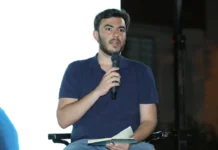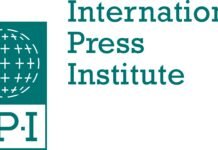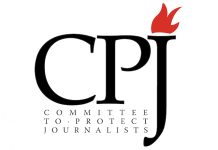The Committee to Protect Journalists (CPJ) has called on Turkey to ensure that members of the press do not face criminal charges over coverage of recent earthquakes in the country and immediately release two journalists detained for their work.
Brothers Ali and İbrahim İmat, both local journalists, have been arrested pending trial in Osmaniye, one of the provinces hit by the earthquakes in February, due to social media posts questioning the authorities over tents allegedly withheld from quake victims in the province.
Gökhan Özbek, publisher of the independent news website and online broadcasting platform 23 Derece, was briefly detained on Wednesday due to his work.
“Turkish authorities’ attempts to obstruct reporting and intimidate journalists in the aftermath of the terrible earthquakes that hit the country show that even a natural disaster is not enough to stop their harassment of the press,” said Özgür Öğret, CPJ’s Turkey representative. “Authorities should immediately free journalists Ali İmat and İbrahim İmat, drop any investigation into Gökhan Özbek, and ensure that members of the media are not targeted for their work.”
Journalists who report on the shortcomings of the government’s earthquake response are facing immense pressure. Turkey’s media watchdog last week penalized three TV stations due to their reporting critical of the government’s post-quake response.
The İmat brothers demanded an explanation from Turkish authorities on social media for allegations that tents, which were brought to Osmaniye for those made homeless by the quake, were being withheld from them.
Sinan Aygül, a local journalist in eastern Turkey, has become the first member of the press to be convicted under Turkey’s controversial new media law for reporting on an alleged child abuse case. Aygül was given a suspended 10-month sentence at the first hearing of his trial on February 28.
Aygül, editor-in-chief of Bitlis News and head of the Bitlis Journalists Association, was detained after he wrote on Twitter that a 14-year-old girl had allegedly been sexually abused by a police officer and a soldier.
The law, which was approved in parliament and signed by President Recep Tayyip Erdoğan in October, has attracted widespread criticism from rights groups and the opposition on accusations it will further cripple free speech in Turkey.















